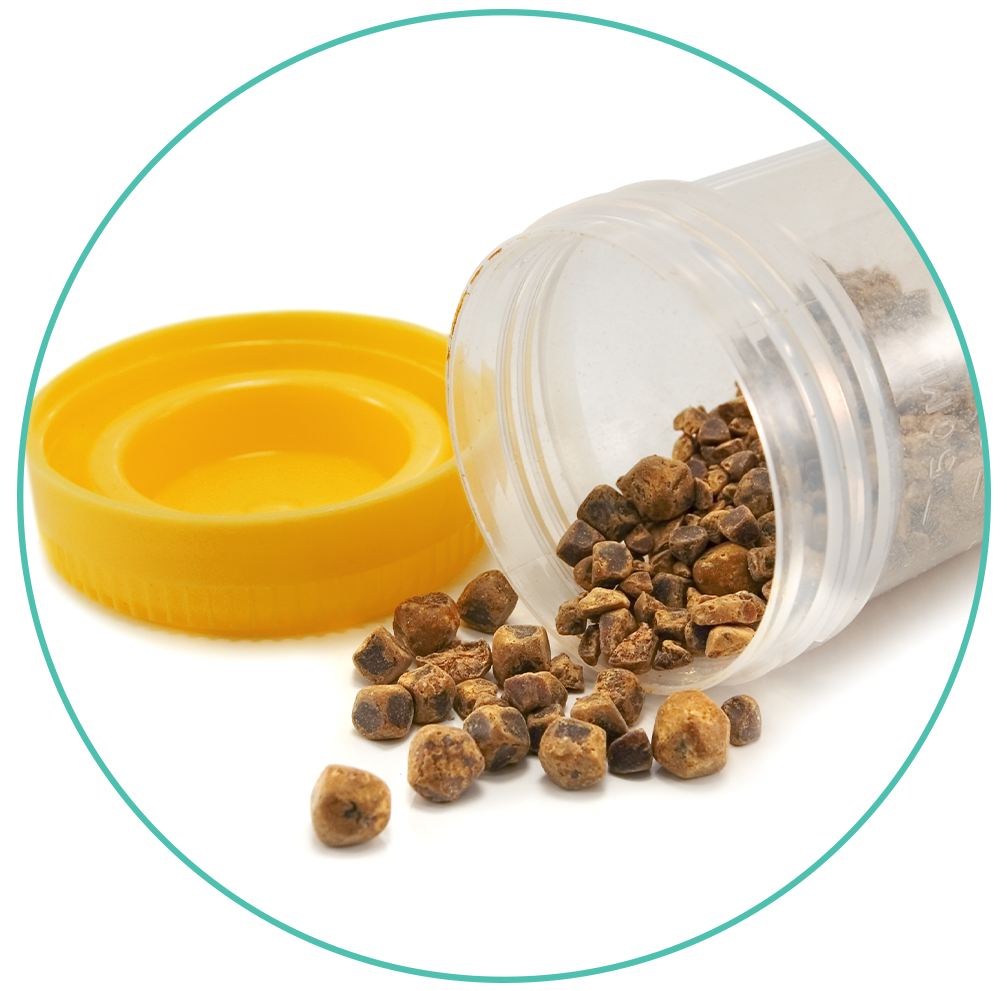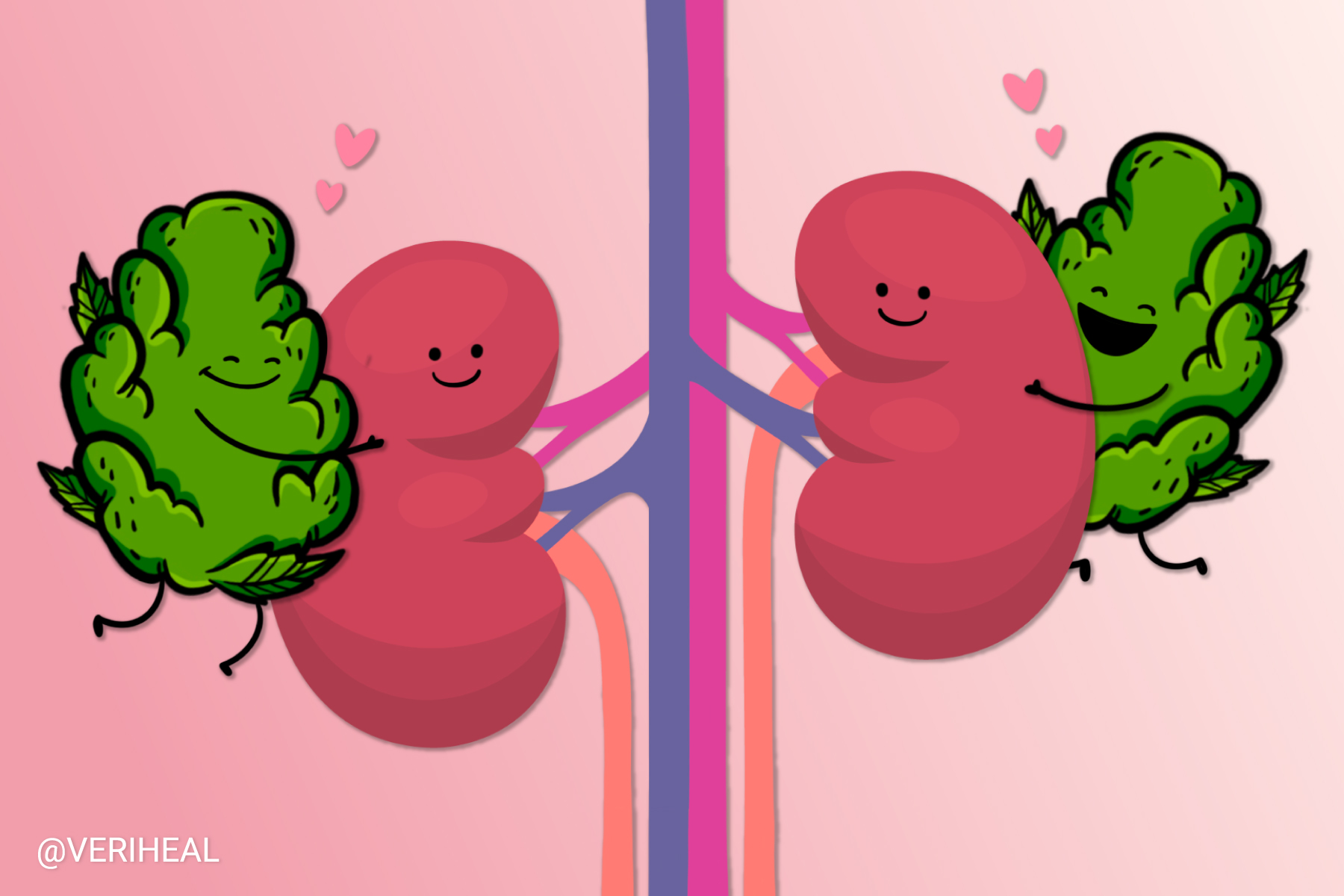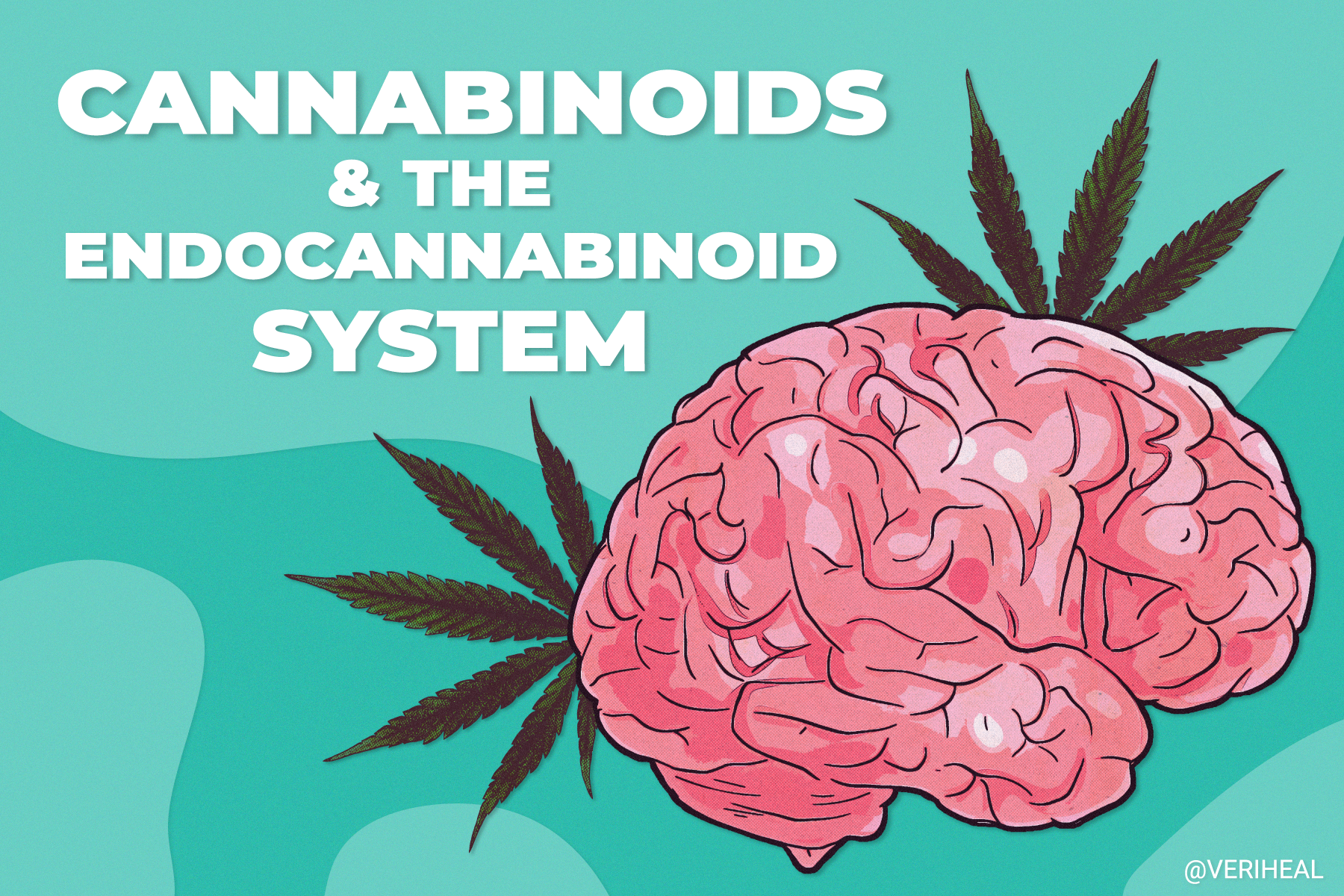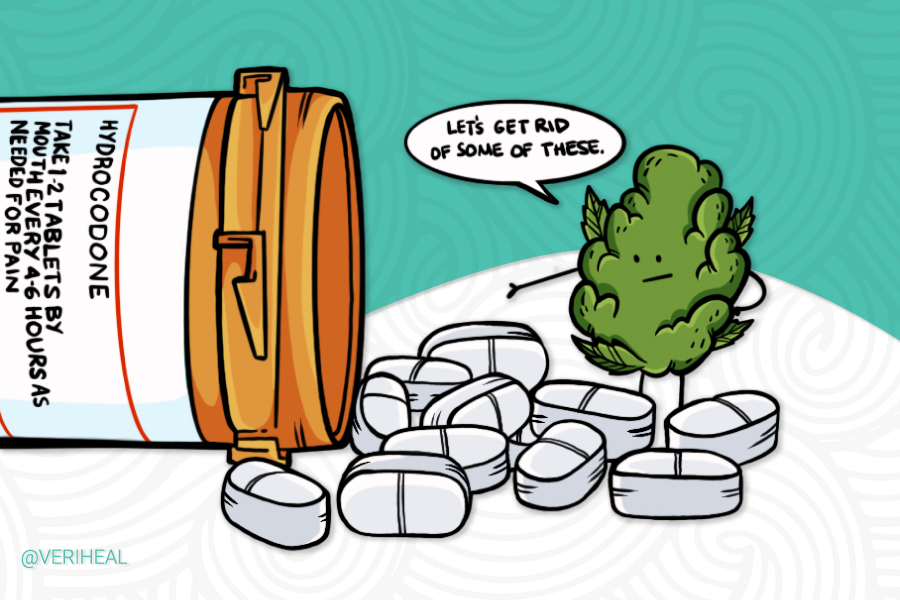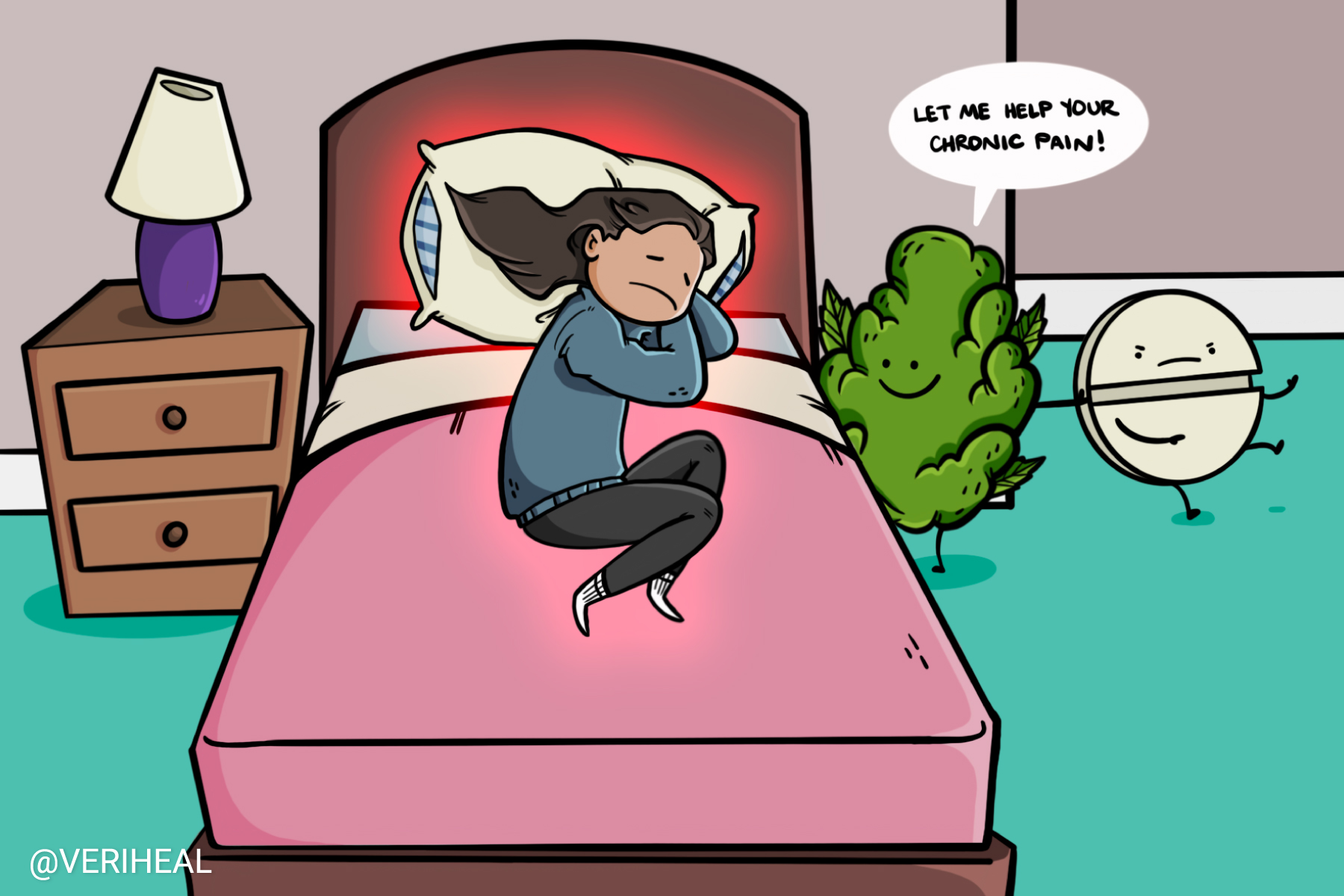Medical Marijuana and Kidney Stones: Can Patients Benefit?
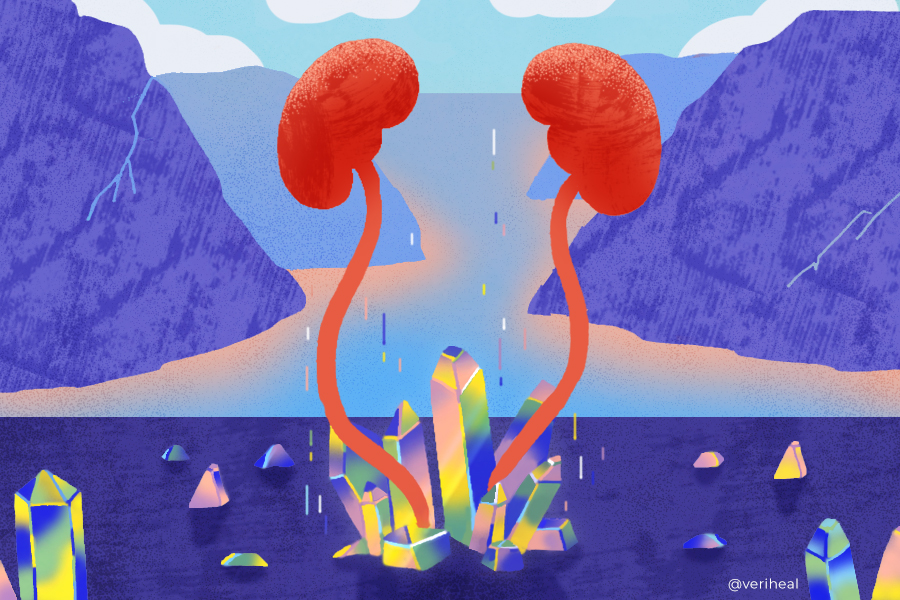
What You Need To Know: Cannabis for Kidney Stones
Kidney stones, mineral and salt masses in the kidneys or other parts of the urinary tract, often cause severe pain, nausea, and other discomforts. While direct research on the effects of cannabis on kidney stones is limited, anecdotal evidence suggests that medical cannabis can alleviate symptoms such as pain and nausea associated with kidney stones.
Furthermore, studies highlight the potential therapeutic effects of cannabis in kidney diseases, including its ability to interact with cannabinoid receptors CB1 and CB2 found in kidney tissues. Terpenes, compounds found in cannabis and drugs like Rowatinex, have shown effectiveness in expelling kidney stone remnants. Additionally, chronic pain management in kidney stone patients often involves opioid medications, but medical cannabis offers a promising alternative with potential benefits in reducing opioid prescriptions and associated risks. Moreover, medical cannabis’s anti-inflammatory properties may be beneficial in managing inflammation-related conditions like chronic kidney disease.
While research continues to explore the role of the endocannabinoid system in renal function and the potential benefits of cannabinoids in treating kidney stones and related symptoms, comprehensive clinical trials are necessary to validate these findings and ensure safe and effective treatment options for kidney stone patients.
- The ECS and the Kidneys
- Can Cannabinoids Treat Kidney Stones?
- Causes, Symptoms & Treatment of Kidney Stones
Kidney stones (also known as renal calculi or urolithiasis) are masses of minerals and salt that form in your kidneys. They can also sometimes originate in the ureters, bladder, and urethra, reports Healthline (18).
Many patients suffering from kidney stones have reported that medical cannabis use eases their pain and nausea. A 2017 study from the American Journal of Physiology-Renal Physiology details exactly how medical cannabis can ease kidney diseases, including stones. “The two different types of receptors (CB1 and CB2) that are activated by the pharmacologically active ingredients of cannabis are found in numerous tissues, including the kidneys,” according to the medical journal.
Furthermore, “experimental studies suggest that stimulation of these receptors using pharmacologic agents or their naturally occurring ligands could have both deleterious and beneficial effects on the kidneys, depending on receptor distribution, type of renal insult, or the timing of the activation during acute or chronic states of kidney injury (13).”
Interestingly, a Korean clinical research study on a terpene-combination drug called “RowatinexⓇ” has shown effectiveness at expulsing more kidney stone remnants 4 weeks after shock wave lithotripsy than traditional tamsulosin and analgesic (22). A meta-analysis has supported this as well. This drug is a combination of terpenes including pinene, camphene, borneol, anethole, fenchone and cineol—many of these are found in medical cannabis. However, like cannabinoids and terpenes, Rowatinex also does not currently have FDA approval and requires further studies (23).
Medical marijuana—or medical cannabis—has anecdotally helped many patients suffering from debilitating symptoms and side effects of decreased kidney function. What does research tell us about the role the endocannabinoid system plays in renal function?
The ECS and the Kidneys
The endocannabinoid system (ECS) is made up of specialized, fat-based neurotransmitters, which are activated by cannabinoids found in the cannabis plant—such as Δ9-tetrahydrocannabinol (THC) and cannabidiol (CBD)— when they come into contact with the two different types of cannabinoid receptors (CB1 and CB2) (1). Cannabinoids may also act on other receptors in our body beyond CB1 and CB2 to cause effects. These receptors are found in numerous tissues throughout the body, including the kidneys (13).
The role of the ECS in renal pathology—which deals with diagnosis and characterization of medical diseases of the kidneys—is an emerging area of research. It has been studied primarily in the context of CB receptors. The current research suggests that targeting the ECS may be of diagnostic and therapeutic value (4).
Endocannabinoids, such as anandamide (AEA) and 2-arachidonoylglycerol (2-AG), are responsible for a variety of processes in our bodies (17). These processes include regulating sleep and pain perception, as well as modulating our immune system to slow down inflammation.
According to a review of recent findings related to CB receptors in the kidneys, “Emerging studies using isolated cells, rodent models, and human studies have identified a critical role for the endocannabinoid system in renal function and disease. Thus, therapeutics that modulate the activity of CB1 and CB2 in renal disease could become clinically relevant (5).”
Further research is needed in this area to reduce the adverse effects of cannabis while advancing its potential beneficial impacts on renal function in various types of kidney diseases (13).
Can Cannabinoids Treat Kidney Stones?
Symptoms of kidney stones can include severe pain, nausea, vomiting, fever, chills and blood in your urine. For three of these related symptoms—pain, nausea, and vomiting—there is significant research that suggests medical cannabis can help.
Some medical cannabis users report using the plant to treat the pain, nausea, and vomiting caused by kidney stones. Some patients prefer to use medical cannabis in the place of opioid medications prescribed for the severe pain associated with kidney stones (3).
A 2008 report out of the Journal of Pharmacology and Experimental Therapeutics explored if cannabidiol could treat toxicity in the kidneys experienced by patients on cisplatin chemotherapy. The researchers found that cannabidiol was associated with reduction in inflammation, reduced cell death in the kidneys, and improved renal function in mice. It was also associated with marked improvement of compromised renal function in mice. The authors conclude that, “our results suggest that the nonpsychoactive cannabinoid CBD may be of significant therapeutic benefits against the renal complications of cisplatin chemotherapy by attenuating oxidative/nitrosative stress and cell death (12).”
Medical Cannabis and Chronic Pain Management: Replacing Opioids
Chronic pain prevalence in patients that deal with kidney stones and other renal diseases is well-documented. It is often managed through prescription opioids or acetaminophen prescribed by the patient’s doctor.
Both the short term and chronic use of prescription opioids has been associated with increased morbidity and mortality, which presents a clear need for alternative methods for pain relief (21). Access to medical cannabis has been connected with a decrease in opioid prescriptions as well as dose reductions (15). Acetaminophen, or Tylenol, is a decent alternative to opioids, however, it is easily quite toxic and lethal at doses over 4 grams daily.
The National Academies concluded that substantial evidence exists for the use of cannabis and cannabinoids to treat chronic pain while causing no fatal overdoses (24). Findings suggest that medical cannabis users managing chronic pain with cannabis—as an adjunct of or in place of opioids—may “reduce the personal and social harms associated with addiction, particularly in relation to the growing problematic use of pharmaceutical opiates (7).”
Historically, cannabis has been recommended for a wide range of ailments including as a spasmolytic—a drug that relieves spasm of smooth muscle—for cases of renal colic, which is a type of pain you get when urinary stones block part of your urinary tract. Renal colic is more often caused by larger kidney stones (20).
Historical documentation of medical cannabis applications also tells us that it was used to facilitate the excretion of small kidney stones in patients (19). Terpenes like camphene, borneol, and cimeole found in Rowatinex and cannabis also have antispasmodic effects in rodent smooth muscle models. Although cannabis and terpenes could have a therapeutic role in chronic pain management, further clinical trial investigation is needed (22).
Medical Cannabis and Nausea
Considerable evidence demonstrates that manipulation of the ECS regulates nausea and vomiting in humans and animals. Preclinical and clinical research indicates that cannabinioids, including THC and CBD, may be effective clinically for treating both nausea and vomiting (14).
Some studies that have investigated cannabinoids such as THCA have found that this cannabinoid has heightened potential for treating nausea and vomiting. According to one mouse study, THCA proved to be “a more potent alternative to THC in the treatment of nausea and vomiting (25).” More clinical research is needed in this area to fully explore the different cannabinoids and their medical value.
Medical Cannabis and Inflammation
Cannabinoids are potent anti-inflammatory agents, even more potent than Vitamin C or E (26). In CKD and other kidney diseases, inflammation occurs within kidney tissue and other organs. Pericarditis, a prevalent symptom of CKD and dialysis, is abnormal heart inflammation, and general inflammation is one of the most common conditions targeted with medical cannabis. One of the most popular reports demonstrating that CBD is good for inflammation was published in a 2009 edition of Future Medicinal Chemistry.
“Cannabinoid receptors include CB1, which is predominantly expressed in the brain, and CB2, which is primarily found on the cells of the immune system,” according to the study. “The fact that both CB1 and CB2 receptors have been found on immune cells suggests that cannabinoids play an important role in the regulation of the immune system.” Since inflammation is the body’s response to harm and injury, it would make sense that medical cannabis helps with symptom management of CKD and dialysis (27).
Interestingly, recent studies have shown a mixed protective/deletrious role of cannabinoid receptors in the kidney in response to inflammation and tissue injury (4). Ironically, CB1 receptor activation could make kidney inflammation worse while CB2 receptor activation on immune cells reduces inflammation. It may be best to selectively use a CB1 antagonist and CB2 agonist for kidney-related inflammation according to reviewed studies. Follow up systematic reviews on CBD as an anti inflammatory and antioxidant continue to be published with new findings such as the fact that CBD is a more potent antioxidant than Vitamin C or E (2).
Causes, Symptoms & Treatment of Kidney Stones
When crystal-forming agents, including calcium, oxalate, and uric acid are not diluted enough in the urine, kidney stones develop, reports the Mayo Clinic (8).
There are four types of kidney stones: calcium, struvite, uric acid, and cystine. As noted, passing kidney stones brings on severe pain, especially in the side and in the back (below the ribs). Common symptoms of kidney stones include pain that radiates to the lower abdomen and groin, a burning sensation while urinating, fever and chills, nausea, and vomiting. Monitor kidney health by staying well-hydrated and being aware of these warning signs.
Larger kidney stones in particular are known for being incredibly painful, with symptoms that may include pain, bleeding, inflammation, or infection. However, these symptoms may not usually develop until the stone has started to move through the urinary tract (9). According to research done by PubMed, “Stone formation is highly prevalent, with rates of up to 14.8% and increasing, and a recurrence rate of up to 50% within the first 5 years of the initial stone episode. Medical conditions such as obesity, diabetes, hypertension (high blood pressure) and metabolic syndrome are considered risk factors for stone formation, which, in turn, can lead to hypertension, chronic kidney disease (CKD) and end-stage renal disease (6).”
There are other possible causes of kidney stones including dehydration, lack or excess of exercise, obesity, weight loss surgery, or consuming foods high in sodium and sugar (e.g. high fructose corn syrup). Infections and family history of renal disease could be significant for some people (11).
Treatment for kidney stones varies greatly. Smaller kidney stones may be treated by drinking water and taking pain relievers, while more surgery is sometimes needed to remove larger kidney stones. Other treatments for kidney stones may include diuretic medications like tamsulosin, tunnel surgery, and lithotripsy, which uses sound waves to break up calcium masses, all of which are “tailored according to the type of stone,” reports Healthline (18). Infections from kidney stones can be serious and may require IV antibiotics or even hospitalization.
Note: Veriheal does not intend to give this as professional medical advice. Do not attempt to self-diagnose, or prescribe treatment based on the information provided on this page. Always consult a physician before making any decision on the treatment of a medical condition.
1. Atakan, Z. (2012). Cannabis, a complex plant: Different compounds and different effects on individuals. Therapeutic Advances in Psychopharmacology, 2(6), 241–254. https://www.ncbi.nlm.nih.gov/pmc/articles/PMC3736954/
2. Atalay, S., Jarocka-Karpowicz, I., & Skrzydlewska, E. (2019). Antioxidative and Anti-Inflammatory Properties of Cannabidiol. Antioxidants (Basel, Switzerland), 9(1), 21. https://www.ncbi.nlm.nih.gov/labs/pmc/articles/PMC7023045/
3. Cepican, J. (2019, June 2). Op-ed: My experience with using cannabis to manage my chronic kidney stone disease. A Patient’s perspective: Using cannabis for chronic stone pain. Retrieved February 8, 2022, from https://www.kidneystoners.org/patients-perspective/using-cannabis-for-chronic-kidney-stones/
4. Chua, J. T., Argueta, D. A., DiPatrizio, N. V., Kovesdy, C. P., Vaziri, N. D., Kalantar-Zadeh, K., & Moradi, H. (2019). Endocannabinoid system and the kidneys: From renal physiology to injury and disease. Cannabis and Cannabinoid Research, 4(1), 10–20. https://www.ncbi.nlm.nih.gov/pmc/articles/PMC6653784/
5. Hryciw, D. H., & McAinch, A. J. (2016). Cannabinoid receptors in the kidney. Current Opinion in Nephrology and Hypertension, 25(5), 459–464. https://pubmed.ncbi.nlm.nih.gov/27367912/
6. Khan, S. R., Pearle, M. S., Robertson, W. G., Gambaro, G., Canales, B. K., Doizi, S., Traxer, O., & Tiselius, H.-G. (2016). Kidney stones. Nature Reviews Disease Primers, 2(1). https://pubmed.ncbi.nlm.nih.gov/27188687/
7. Lucas, P. (2012). Cannabis as an adjunct to or substitute for opiates in the treatment of chronic pain. Journal of Psychoactive Drugs, 44(2), 125–133. https://pubmed.ncbi.nlm.nih.gov/22880540/
8. Mayo Foundation for Medical Education and Research. (2020, May 5). Kidney stones. Mayo Clinic. Retrieved February 8, 2022, from https://www.mayoclinic.org/diseases-conditions/kidney-stones/symptoms-causes/syc-20355755#:~:text=Kidney%20stones%20form%20when%20your,for%20kidney%20stones%20to%20form
9. MediLexicon International. (2020, March 2). Kidney stones: Symptoms and early signs. Medical News Today. Retrieved February 8, 2022, from https://www.medicalnewstoday.com/articles/symptoms-of-kidney-stones#early-signs
10. Nagarkatti, P., Pandey, R., Rieder, S. A., Hegde, V. L., & Nagarkatti, M. (2009). Cannabinoids as novel anti-inflammatory drugs. Future Medicinal Chemistry, 1(7), 1333–1349. https://pubmed.ncbi.nlm.nih.gov/20191092/
11. National Kidney Foundation. (2022, February 4). Kidney stones. National Kidney Foundation. Retrieved February 8, 2022, from https://www.kidney.org/atoz/content/kidneystones
12. Pan, H., Mukhopadhyay, P., Rajesh, M., Patel, V., Mukhopadhyay, B., Gao, B., Haskó, G., & Pacher, P. (2008). Cannabidiol attenuates cisplatin-induced nephrotoxicity by decreasing oxidative/nitrosative stress, inflammation, and cell death. Journal of Pharmacology and Experimental Therapeutics, 328(3), 708–714. https://www.ncbi.nlm.nih.gov/pmc/articles/PMC2682269/
13. Park, F., Potukuchi, P. K., Moradi, H., & Kovesdy, C. P. (2017). Cannabinoids and the kidney: Effects in health and disease. American Journal of Physiology-Renal Physiology, 313(5). https://www.ncbi.nlm.nih.gov/pmc/articles/PMC5792153/
14. Parker, L. A., Rock, E. M., & Limebeer, C. L. (2011). Regulation of nausea and vomiting by cannabinoids. British Journal of Pharmacology, 163(7), 1411–1422. https://www.ncbi.nlm.nih.gov/pmc/articles/PMC3165951/
15. Powell, D., Pacula, R. L., & Jacobson, M. (2018). Do medical marijuana laws reduce addictions and deaths related to pain killers? Journal of Health Economics, 58, 29–42. https://pubmed.ncbi.nlm.nih.gov/29408153/
16. Rein, J. L. (2020). The nephrologistʼs guide to cannabis and cannabinoids. Current Opinion in Nephrology and Hypertension, 29(2), 248–257. https://www.ncbi.nlm.nih.gov/pmc/articles/PMC7012334/
17. Ritter, J. K. (2016). Anandamide and its metabolites what are their roles in the kidney. Frontiers in Bioscience, 8(2), 264–277. https://www.ncbi.nlm.nih.gov/pmc/articles/PMC6267779/
18. Team, the H. E. (2021, November 5). Kidney stones. Healthline. Retrieved February 8, 2022, from https://www.healthline.com/health/kidney-stones
19. Touw, M. (1981). The religious and medicinal uses Ofcannabisin China, India and Tibet. Journal of Psychoactive Drugs, 13(1), 23–34. https://pubmed.ncbi.nlm.nih.gov/7024492/
20. Watson, S. (2018, August 23). Renal colic: Symptoms, treatments, and how long it lasts. Healthline. Retrieved February 8, 2022, from https://www.healthline.com/health/renal-colic
21. Rein, Joshua L. The nephrologist’s guide to cannabis and cannabinoids, Current Opinion in Nephrology and Hypertension: March 2020 – Volume 29 – Issue 2 – p 248-257 https://journals.lww.com/co-nephrolhypertens/fulltext/2020/03000/the_nephrologist_s_guide_to_cannabis_and.15.aspx
22. Kim, D. H., Goh, H. J., Lee, H. W., Kim, K. S., Kim, Y. T., Moon, H. S., Lee, S. W., & Park, S. Y. (2014). The effect of terpene combination on ureter calculus expulsion after extracorporeal shock wave lithotripsy. Korean journal of urology, 55(1), 36–40. https://www.ncbi.nlm.nih.gov/labs/pmc/articles/PMC3897628/
23. Chua, M. E., Park, J. H., Castillo, J. C., & Morales, M. L., Jr (2013). Terpene compound drug as medical expulsive therapy for ureterolithiasis: a meta-analysis. Urolithiasis, 41(2), 143–151. https://pubmed.ncbi.nlm.nih.gov/23503876/
24. National Academies of Sciences, Engineering, and Medicine. 2017. The Health Effects of Cannabis and Cannabinoids: The Current State of Evidence and Recommendations for Research. Washington, DC: The National Academies Press. https://www.nap.edu/catalog/24625/the-health-effects-of-cannabis-and-cannabinoids-the-current-state
25. Rock, E. M., Kopstick, R. L., Limebeer, C. L., & Parker, L. A. (2013). Tetrahydrocannabinolic acid reduces nausea-induced conditioned gaping in rats and vomiting in Suncus murinus. British journal of pharmacology, 170(3), 641–648. https://www.ncbi.nlm.nih.gov/pmc/articles/PMC3792001/)
26. Atalay, S., Jarocka-Karpowicz, I., & Skrzydlewska, E. (2019). Antioxidative and Anti-Inflammatory Properties of Cannabidiol. Antioxidants, 9(1), 21. MDPI AG. https://www.mdpi.com/2076-3921/9/1/21
27. Nagarkatti, P., Pandey, R., Rieder, S. A., Hegde, V. L., & Nagarkatti, M. (2009). Cannabinoids as novel anti-inflammatory drugs. Future medicinal chemistry, 1(7), 1333–1349. https://www.ncbi.nlm.nih.gov/pmc/articles/PMC2828614/












